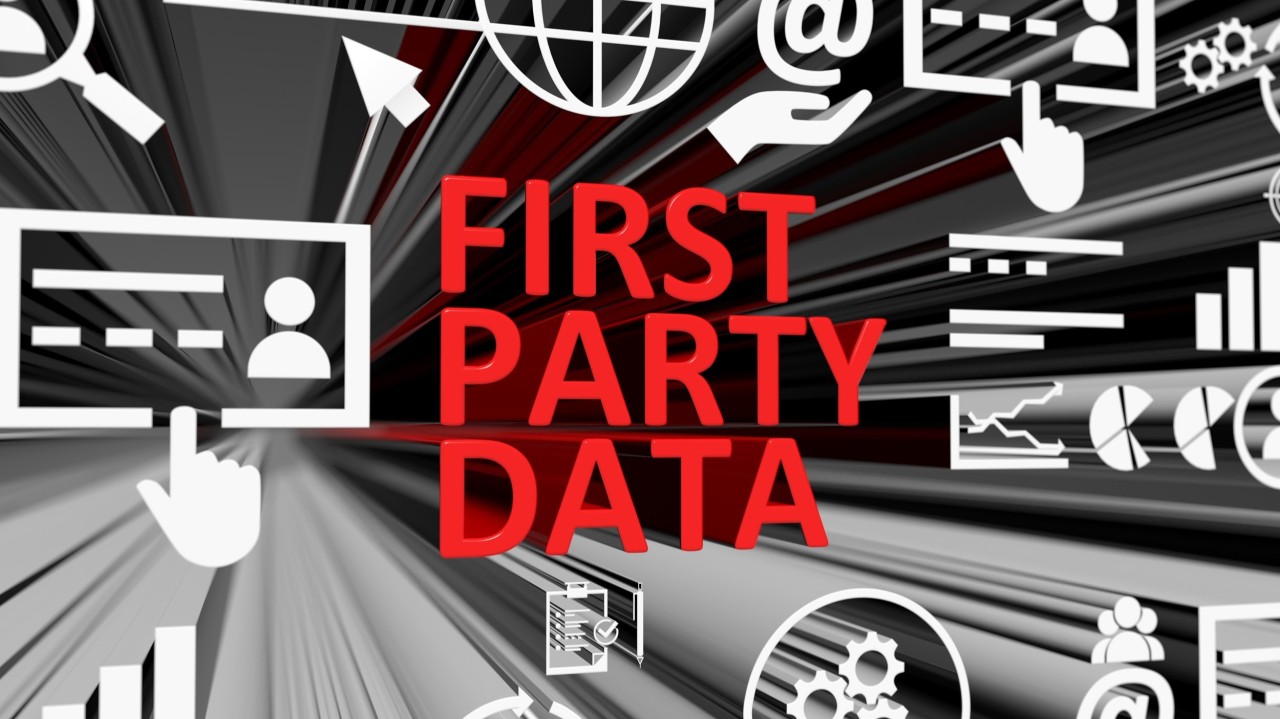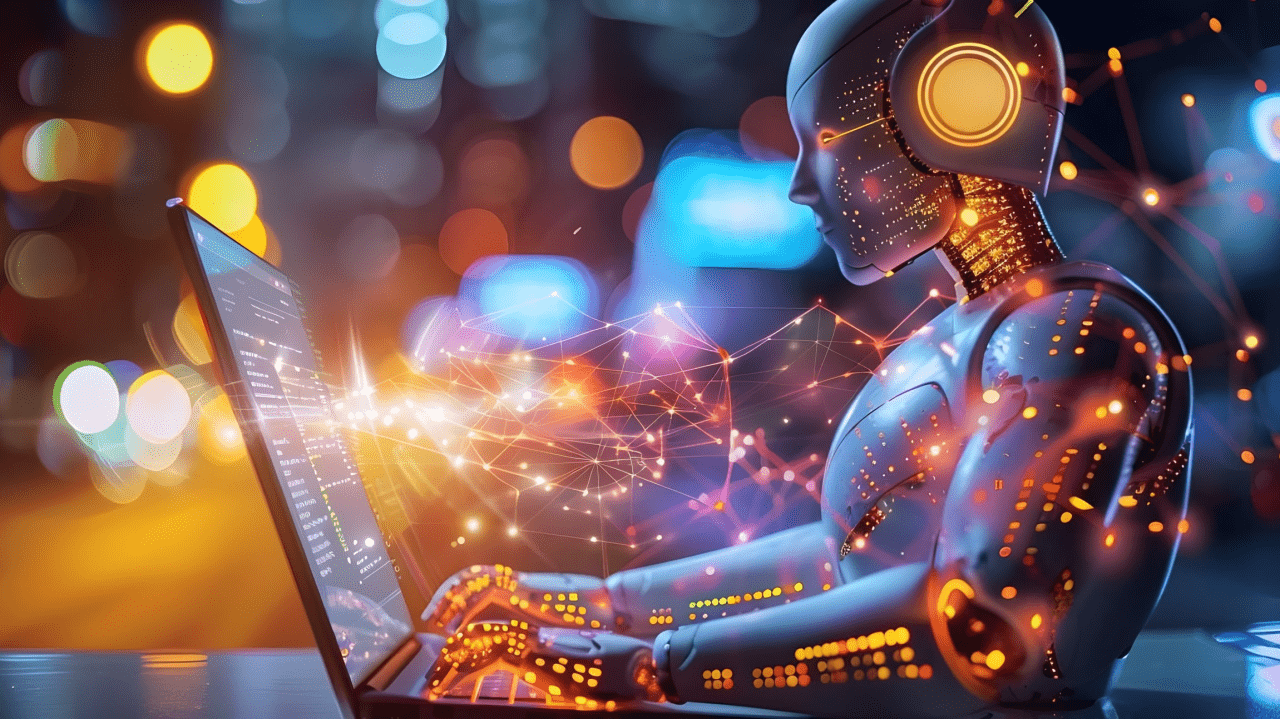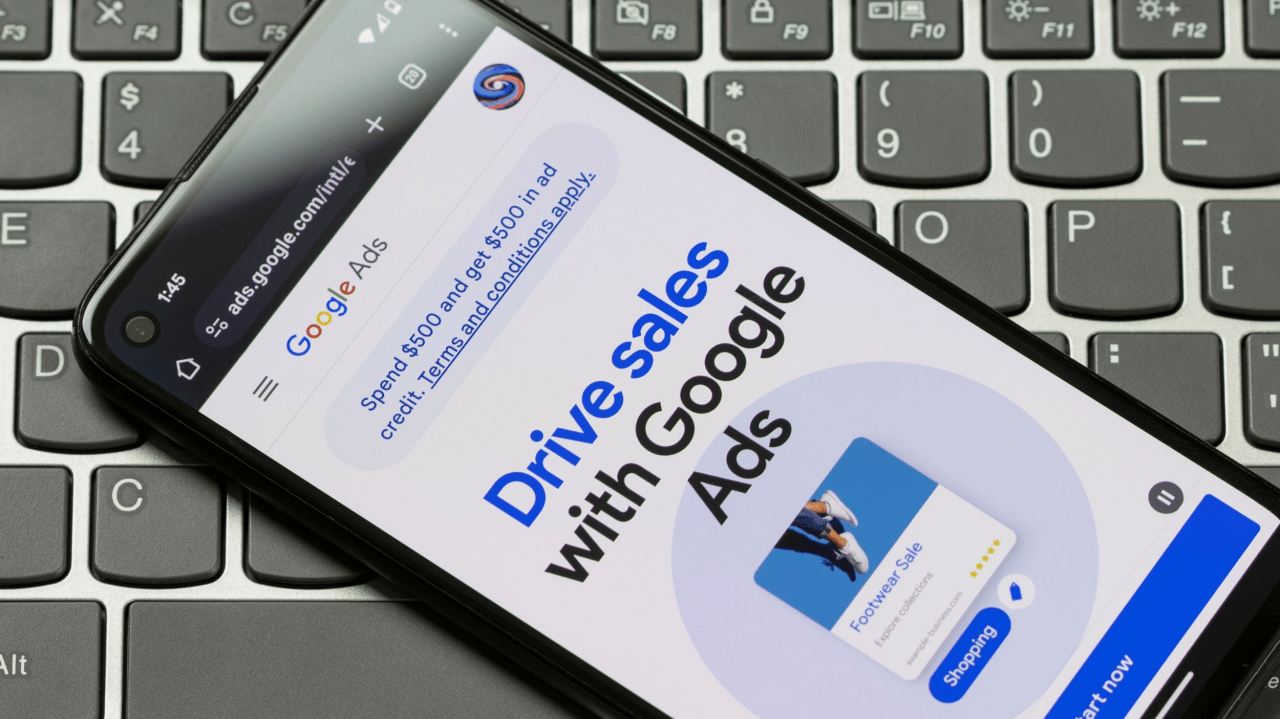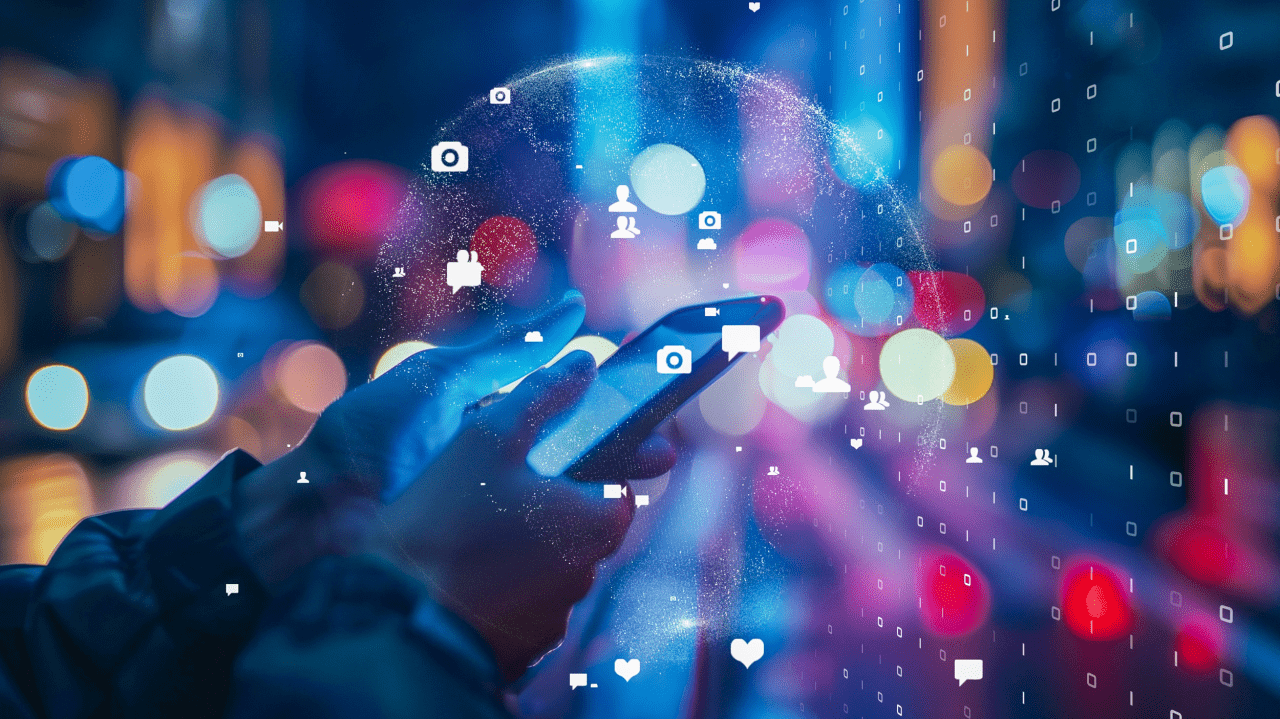News
Unlocking the Potential of AI in Web Design: A Guide for Marketers
In today’s digital landscape, web design plays a crucial role in capturing and retaining the attention of online users. As technology continues to advance, one of the most exciting developments is the integration of Artificial Intelligence (AI) in web design.
AI has the potential to revolutionize the way websites are created, optimized, and personalized.
In this comprehensive guide, we will explore the various ways marketers can unlock the potential of AI in web design to create highly engaging, user-centric websites.
Understanding AI in Web Design
What is AI in Web Design?
AI in web design refers to the use of intelligent algorithms and machine learning techniques to automate and enhance various aspects of the design process. It enables designers and marketers to create websites that are visually appealing, user-friendly, and personalized to individual user preferences.
The Benefits of AI in Web Design
AI brings several benefits to web design, including:
Streamlined design process: AI tools can automate repetitive design tasks, saving time and effort.
Enhanced user experience (UX): AI-powered chatbots and virtual assistants improve user interactions and provide real-time assistance.
Personalization: AI algorithms analyze user behavior and preferences to deliver personalized content and recommendations.
Improved conversion rates: AI-based analytics and optimization tools help marketers understand user behavior and optimize websites for better conversions.
AI-Powered Design Tools
AI-Driven Prototyping
AI-based prototyping tools, such as Sketch2React and Framer X, enable designers to quickly create interactive prototypes with minimal coding. These tools utilize AI algorithms to interpret design elements and generate code automatically, simplifying the prototyping process.
Automated Layout Generation
Designing visually appealing and responsive layouts can be time-consuming. AI tools like Adobe Sensei and The Grid utilize machine learning to analyze design elements and generate optimized layouts automatically. This streamlines the design process and ensures consistency across different devices.
Intelligent Image and Video Selection
Choosing the right images and videos for a website can significantly impact its visual appeal. AI-powered tools, such as EyeEm and VSCO, leverage computer vision to analyze and recommend suitable visuals based on the website’s theme, target audience, and content.
Enhancing User Experience with AI
AI-Driven Chatbots and Virtual Assistants
Chatbots and virtual assistants have become increasingly popular in providing real-time assistance to website visitors. AI-powered chatbots, like Chatfuel and IBM Watson, use natural language processing to understand user queries and provide relevant responses, improving user engagement and customer service.
Personalized User Recommendations
AI algorithms can analyze user behavior, preferences, and historical data to deliver personalized content and recommendations. Tools like Amazon Personalize and Acquia Lift use machine learning to identify user patterns and provide tailored recommendations, improving user experience and increasing conversions.
Voice User Interface (VUI)
With the rise of voice-controlled devices, integrating voice user interfaces (VUI) in web design has become crucial. AI-powered VUI platforms like Amazon Alexa and Google Assistant enable users to interact with websites using voice commands, enhancing accessibility and user convenience.
Optimizing Web Design with AI
AI-Enabled Analytics and Insights
AI-powered analytics tools, such as Google Analytics and Adobe Analytics, provide marketers with deep insights into user behavior, website performance, and conversion rates. These tools leverage machine learning algorithms to identify trends, predict user behavior, and optimize web design elements for better results.
Automated A/B Testing
A/B testing is a fundamental part of optimizing web design elements for better conversions. AI-based tools, like Optimizely and Convert, automate the A/B testing process by using machine learning algorithms to analyze user interactions and automatically optimize the website based on the test results. This saves time and improves the efficiency of the optimization process.
4.3 Predictive Design and Personalization
AI algorithms can analyze user data, such as browsing history, demographics, and preferences, to predict user behavior and personalize website content. Tools like Dynamic Yield and Evergage enable marketers to dynamically customize website elements, such as banners, product recommendations, and calls-to-action, based on individual user profiles.
4.4 Responsive Design Optimization
With the increasing use of mobile devices, responsive design has become essential. AI tools, such as Google’s Mobile-Friendly Test and Responsive.AI, utilize machine learning to analyze websites and automatically optimize them for different screen sizes and devices. This ensures a seamless user experience across all platforms.
Overcoming Challenges and Ethical Considerations
Data Privacy and Security
As AI relies heavily on user data for personalization and optimization, data privacy and security are critical concerns. Marketers must ensure compliance with data protection regulations, implement robust security measures, and obtain user consent for data collection and processing.
Bias and Fairness
AI algorithms are susceptible to biases present in the data they are trained on, which can result in discriminatory outcomes. Marketers need to be aware of potential biases and implement measures to mitigate them, such as using diverse training datasets and regularly auditing and evaluating AI models for fairness.
Human Oversight and Intervention
While AI brings automation and efficiency, human oversight and intervention are still crucial. Marketers should monitor AI systems, validate their outputs, and intervene when necessary to ensure accuracy, ethical conduct, and alignment with business goals.
The integration of AI in web design presents marketers with immense opportunities to create highly engaging, user-centric websites. From automated design tools to personalized user experiences and optimization, AI unlocks new levels of efficiency, effectiveness, and creativity. However, it is important to approach AI implementation with careful consideration of ethical considerations, data privacy, and bias.
By harnessing the potential of AI in web design, marketers can stay ahead of the curve, deliver exceptional user experiences, and drive meaningful results in the ever-evolving digital landscape.





The Ultimate Social Media Guide
With the ever-growing power of social media, we use the latest techniques, video, and animation software to craft eye-catching social media assets that make your brand pop. Our designers, wielding Adobe Creative tools, create distinctive animations and graphics to illuminate your brand story and highlight your products or services. Want a unique design? No problem – we also offer bespoke designs to match your brand aesthetic.